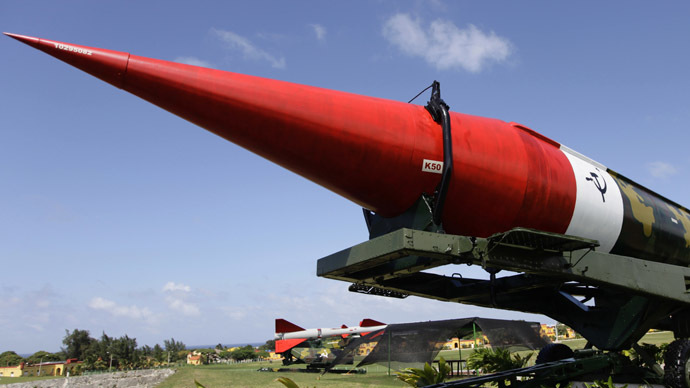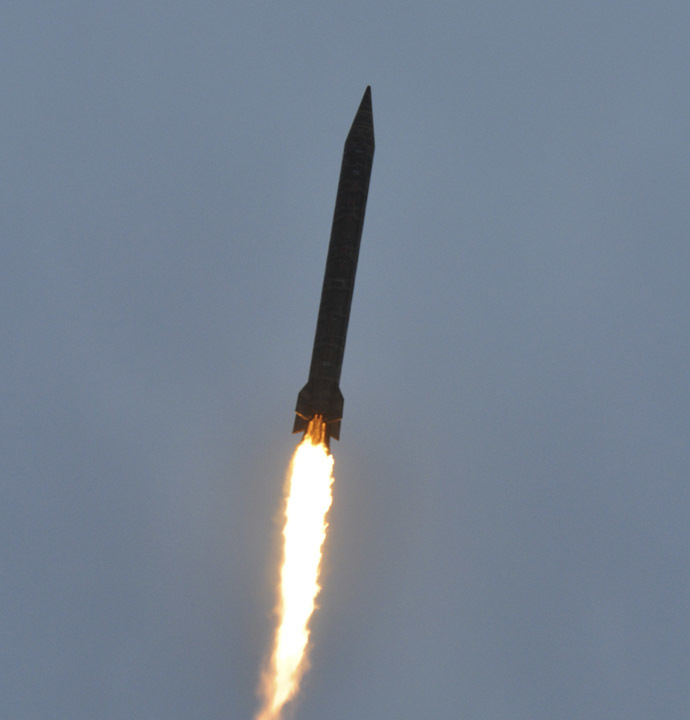Russian approaches to nuclear disarmament

Elimination of the threat posed by weapons of mass destruction, including nuclear weapons, remains one of the key priorities of the international community.
Russia works actively to that end taking concrete steps for limitation and reduction of its nuclear arsenals. Over the last 25 years, they have been reduced many times over. Under the New START Treaty, Russia and the US have set a goal of reaching new agreed limits of warheads, means of delivery and launchers by 2018. We think that this goal is achievable.
Another existing agreement between Russia and the US in the field of nuclear missiles is the Treaty on Intermediate-Range and Shorter-Range Missiles (INF). Unfortunately, our American partners have been committing violations of the Treaty. These include the use of target missiles during tests of missile defense system, as well as strikes by unmanned aerial vehicles. The scheduled deployment of Mk-41 launchers in Europe would also become a serious violation of the INF Treaty. We hope that as a result of the dialogue that has started on these issues, the US will return to compliance with this important agreement.
It is obvious that for further advancement towards a nuclear-free world it is necessary to establish appropriate international conditions. The most essential is ensuring equal security and maintaining strategic stability. As President Putin put it recently at the final plenary meeting of the Valdai Club, Russia is “ready for the most serious, concrete discussions on nuclear disarmament – but only serious ones without any double standards.”

We have repeatedly drawn attention to the factors that negatively impact strategic stability. One of the extremely destructive factors is the unilateral development by the US of the global missile defense system, which could be a serious impediment on the way to further nuclear disarmament and even create dangerous prerequisites that could lead to the resumption of a nuclear arms race.
We also have growing concerns over the US concept of Prompt Global Strike. It poses risks especially when undertaken within the context of the policy aimed at establishing overwhelming military supremacy. It, too, will negatively influence the prospects for nuclear disarmament. As President Putin said, “the use of a so-called first global pre-emptive strike may become tempting.”
Moreover, the threat of the placement of weapons in outer space also has negative influence on strategic stability. Over several decades no practical solutions have been agreed in that regard at the UN General Assembly. Under the circumstances we believe that it is time to take measures to prevent turning outer space into an arena of military confrontation. Ten years ago Russia launched the initiative to undertake political commitments not to be the first to place weapons in outer space. Ten UN member-states have joined this initiative. We call on everyone who shares the goal of keeping outer space free of weapons to join the co-sponsors of a draft resolution that we traditionally present at the UNGA together with our partners.
We believe that it is important to move towards a legally binding prohibition of the placement of weapons in outer space. The updated draft of an international treaty on this issue was presented jointly by Russia and China at the Conference on Disarmament in June this year. We are looking forward to its thorough and constructive examination by the international community.
The statements, views and opinions expressed in this column are solely those of the author and do not necessarily represent those of RT.
The statements, views and opinions expressed in this column are solely those of the author and do not necessarily represent those of RT.













